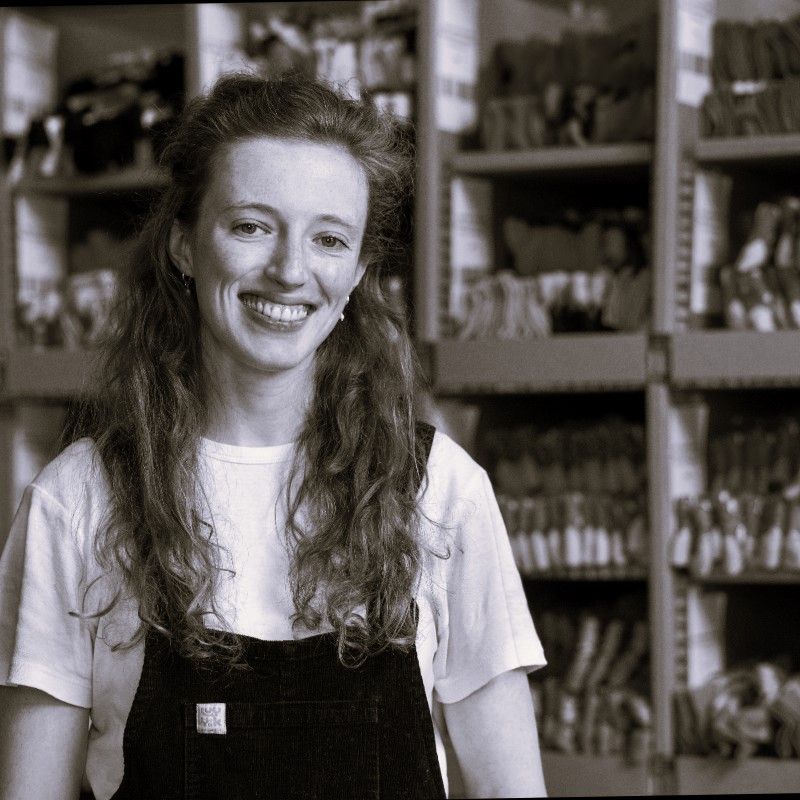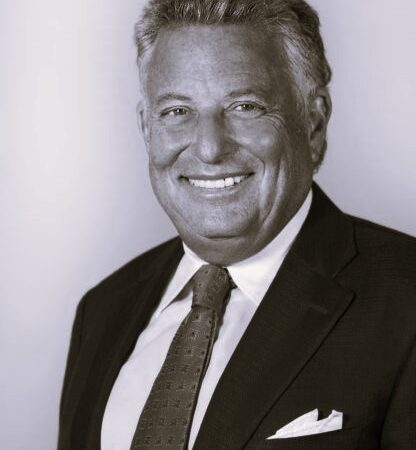Podcast Overview
Is your company putting enough time and effort into focusing on sustainability? In the modern world so many businesses are now evolving and becoming more environmentally friendly and even building a brand off it.
In this episode, Lucy talks about the real reasons companies should be focusing on sustainability and the benefits of marketing this to build your brand and save the planet. Lucy shares her experience running a sock company that donates to animal charities and is pursuing B Corp status. They also discuss their marketing strategies, including radio, Facebook, Google Ads and Partnerships.
eCom@One Presents
Lucy Jeffrey
Lucy Jeffrey is the CEO and founder of Bare Kind, a sustainable socks business. They are saving animals by donating 10% of all profits to animal foundations. Lucy has a passionate heart and a strive for change. She is a London based self made businesswoman scaling her business from £0 to £500K in a short period of time whilst saving animals across the globe.
In this episode, Lucy talks about the real reasons companies should be focusing on sustainability and the benefits of marketing this to build your brand and save the planet. She also discusses the challenges she has personally faced whilst starting her own business from scratch.
Tune into this episode to truly focus on sustainability in your business and learn how you can overcome challenges from someone who has been there and done it.
Topics Covered:
2:55 – The Inspiration Behind Bare Kind
8:55 – Lucy’s Reasoning Behind Donating 10 Percent Of Profits To Charities
10:26 – Why Businesses Should Focus On Sustainability
15:41- What Marketing Channels Has Brought Lucy The Most Success
18:03 – The Benefits Of Networking And Campaigning
24:04 – Top Tips For Utilising Reactive Campaigns
26:52 – Challenges Whilst Growing A Business From Scratch
30:19 – How Lucy’s Charitable Donations Is Saving Animals
34:09 – How Bare Kind Raises Awareness About The Importance Of Sustainability
35:47 – What’s Next For Bare Kind?
37:57 – Book Recommendation


